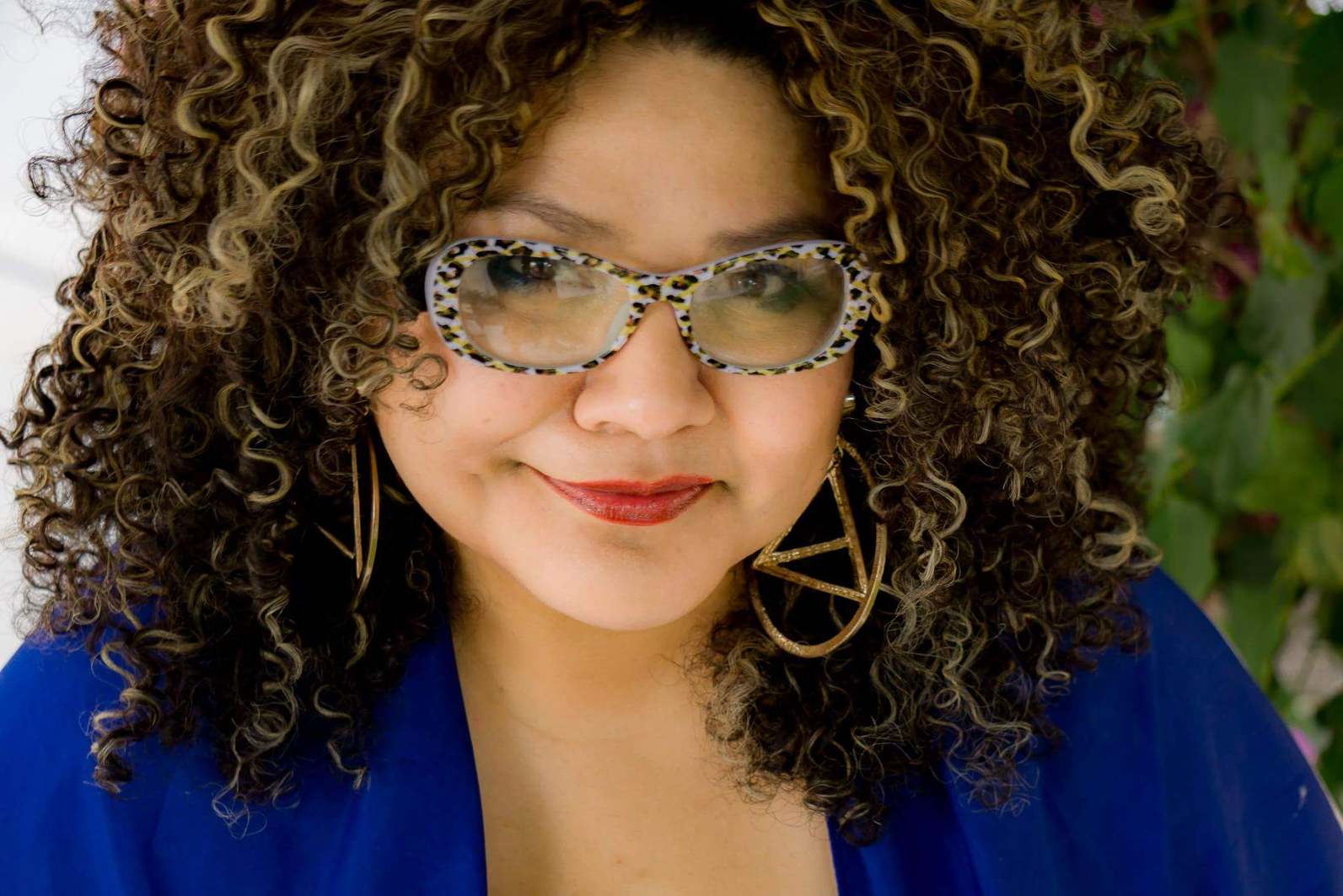[dropcap size=big]I[/dropcap]t was the week before Thanksgiving and Norma Pérez stood inside L.A. Wholesale Produce Market at three in the morning, searching for the freshest bags of plantain leaves.
She had received 500 orders for vegan tamales, the Salvadoran kind with the savory custard-like masa stuffed with “meat,” red bell peppers, chickpeas and potatoes, and wrapped in a cooked leaf. The sun had not yet risen as she checked out with seven bags of the raw leaves, twenty-eight pounds of them.
Later in the day, she would take out the leaves, cut the long sheets into smaller rectangles, stack them onto a pile on her dining table, and then, one by one, carefully wipe them down and tear out the veins. She would would watch their color and texture transform as she cooked each individual leaf directly over low heat. And she would repeat this process 500 times with the concentration of an artist.
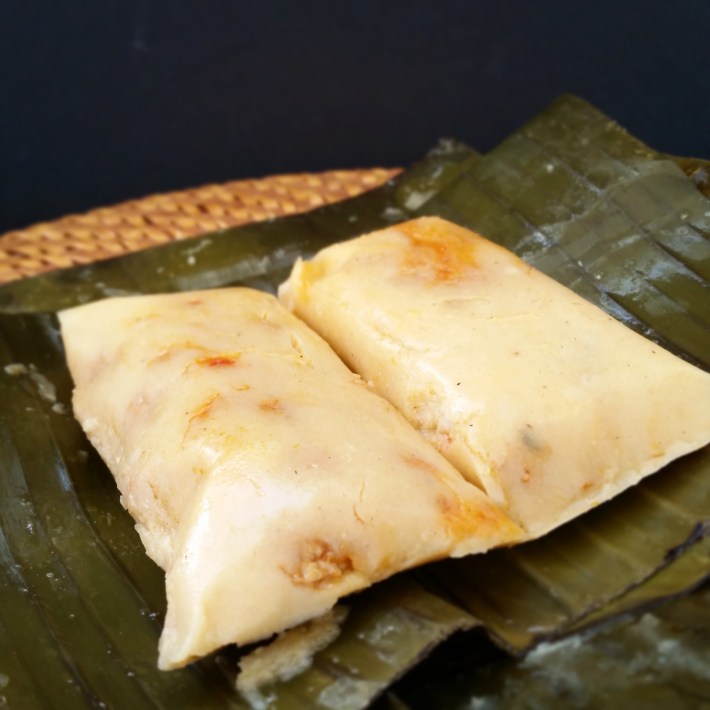
If you know anything about making Salvadoran tamales, you know that this is only step one of a long and arduous pursuit. Every six hours that Norma poured into her work, she produced a batch of 80-something steaming hot tamales. She finished up all the orders in five days, just in time for Thanksgiving.
'Es el sazón. Eso es lo más importante.'
You could order her food through her Instagram page, @TheSalviVegan, a name she chose because of the nice ring, but also because she is The Salvi Vegan, as there are currently no other known businesses doing her line of work.
Pérez has veganized forty dishes from El Salvador, which is a feat in its own, but her trademark is a taste that makes one want to say, “Yo, this tastes like the real thing.”
A post shared by The Salvi Vegan (@thesalvivegan) on
Her tamale recipe was passed down to her by her Salvadoran-born mother. The original tamale recipe calls for thirteen essential ingredients. To make it vegan, she only changed two.
“If you know the flavors of your country, you’re not going to miss it. Es el sazón. Eso es lo más importante,” she says in an English interlaced with Spanish. It’s in the seasoning, she emphasizes.
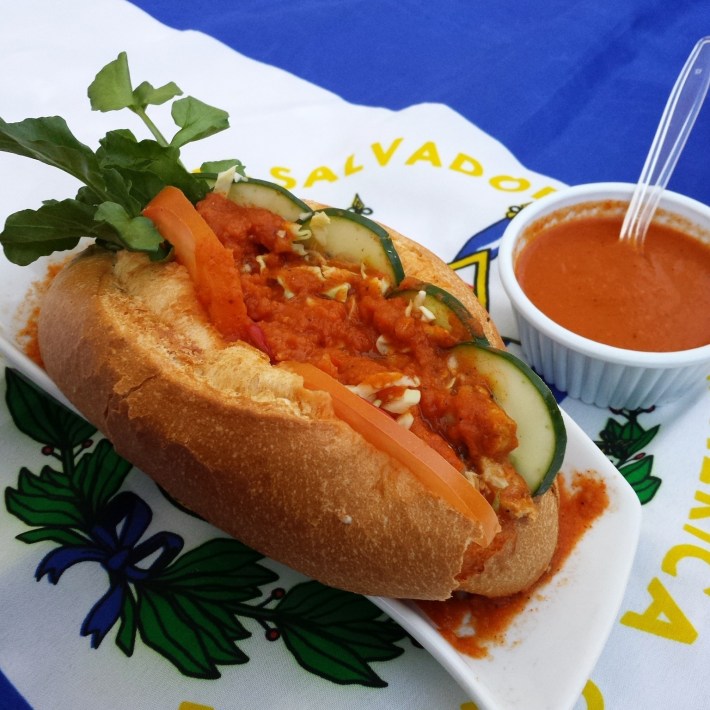
For almost twenty years, Norma’s creative energy fueled her dancing career. She was a thriving hip hop choreographer and dance instructor serving the communities of Alhambra, Hollywood, Glendale, West Covina, Pasadena, and Wilshire. She often worked at multiple studios and gyms at the same time.
“That was my love, where I felt free, at ease, and where I was making other people happy,” she recalls.
But her career came into an abrupt end in 2015, when she got diagnosed with osteoarthritis. In the first four months after her diagnosis, Norma was mostly immobile. The pain was unbearable, and she could barely get an hour of sleep each night. She sunk into a depression.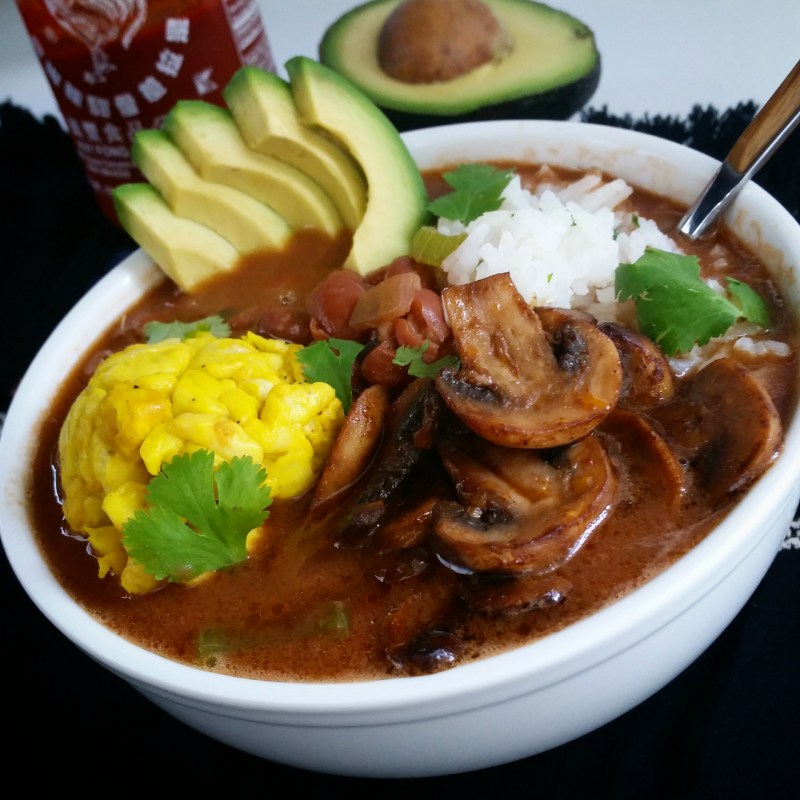 [dropcap size=big]P[/dropcap]érez refused to go on medication and focused instead on consuming anti-inflammatory foods, like turmeric, ginger and blueberries. Her research on healthy eating eventually led her to the documentary Earthlings, a film that covers how the largest industries in the world exploit animals. It made her cry within the first twenty minutes.
[dropcap size=big]P[/dropcap]érez refused to go on medication and focused instead on consuming anti-inflammatory foods, like turmeric, ginger and blueberries. Her research on healthy eating eventually led her to the documentary Earthlings, a film that covers how the largest industries in the world exploit animals. It made her cry within the first twenty minutes.
As soon the documentary was over, she rushed to her kitchen and threw away all her animal products. Then she purged her closet.
With a new diet, cooking began to play a special role in her life. It allowed her to stay active without putting too much of a strain on her body.
“The same intensity I have about cooking is the same intensity I had for dancing. The passion transferred. It still has that same consequence of making people happy.”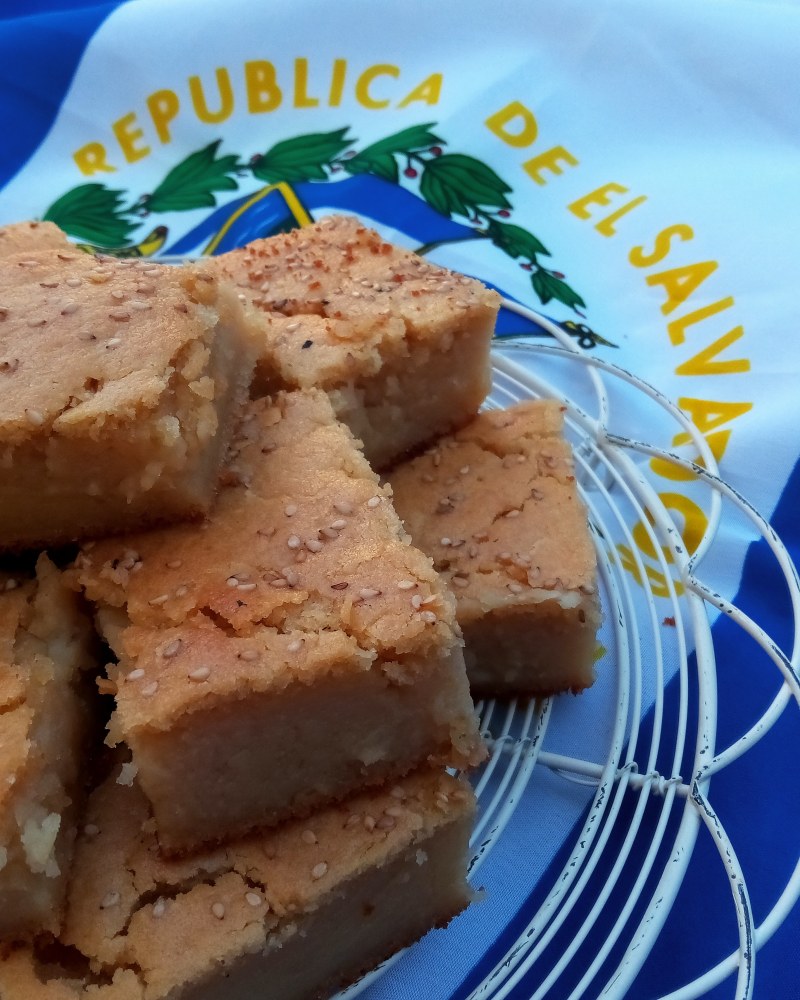
Aside from her online cooking business, she works as a Lyft driver almost full-time. It’s not easy running and business all on her own, and it’s certainly not cheap. Luckily, she has received mentoring and help from other Latinx business owners.
Some of her biggest support has come from the owners of Vegatinos, a popular Mexican-Guatemalan vegan pop-up. Alex and Carol, the “Vegan Latinos,” have been supporting Norma since the beginning, even staying up with her until two in the morning to help make tamales.
Carol has described Norma as “a gem to be discovered.” She says, “Her Salvadoran pan con pollo vegano is the best my husband and I have ever tasted.”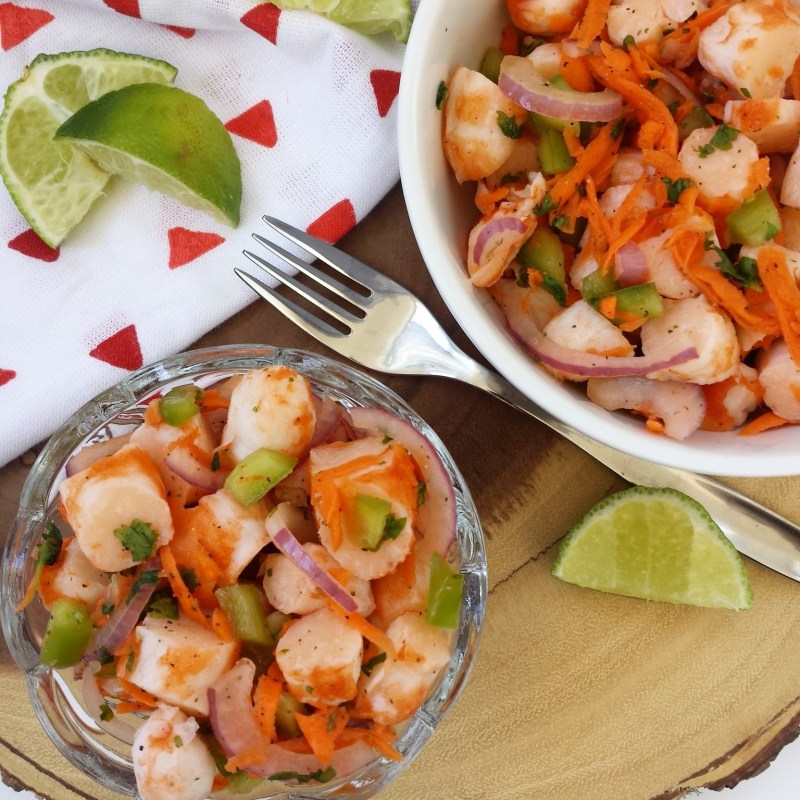
[dropcap size=big]N[/dropcap]orma has also worked as a backup cook and server in Equelecuá, a Cuban vegan café located in Inglewood, where owner Carolina Lafaurie took Norma under her wing and taught her how to run a business.
“Other people are against us because we’re Latino, so we need to help each other,” says Norma as she reflects on the ethnic sisterhood and brotherhood that has emerged through veganism.
Norma aspires to make Salvadoran vegan food accessible and affordable for everyone, which is currently her biggest challenge since vegan substitutes tend to be pricey. She is in the process of writing a cookbook, the first ever of its kind, and she is saving up to buy equipment so that she can start hosting pop-ups. She also plans on teaching cooking classes to low-income families. Eventually, she would love to own a restaurant.
“I don’t want to have goals. I’d rather have a vision. I’m going to take ‘goal’ out of my vocabulary. You can fail at a goal, but you can’t fail at vision.”
